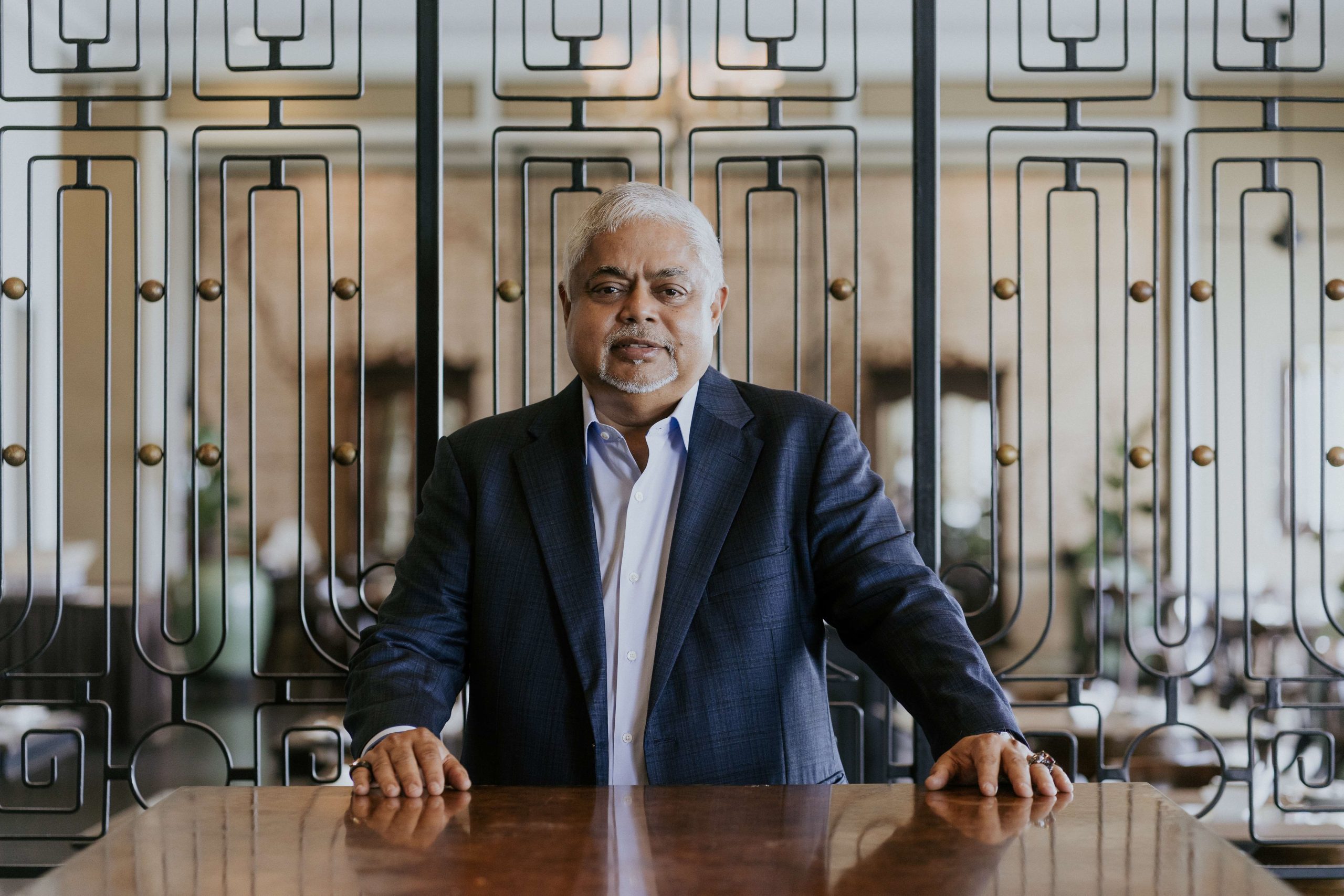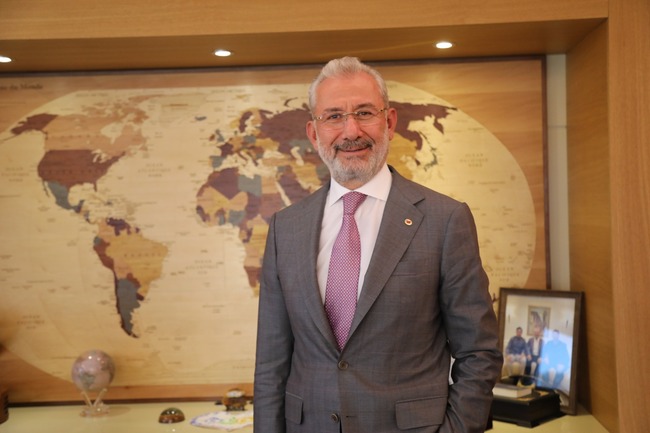From Transactions to Transformations: Inside the World’s Best Crypto Payment Processor
In today’s digital marketplace, a crypto payment processor...
Benefits of Investing in International Real Estate and How Can AssetIndexer Help?
Real estate is one of the most sought-after channels of...
Your Mobile Phone SIM Plan: A Tool for Building Credit!
In today’s financial realm, where credit dominates,...
The QI Group Story: From Humble Beginnings to Global Reach
Nestled amid the towering skyscrapers of Hong Kong lies the...
Notable E-commerce Trends in 2024
The e-commerce sector of business has been one of the...
Goldtree Reserve’s Innovative Gold Investment Program Reaches New Milestones
Goldtree Reserve is excited to share the notable...
Tosyalı Secures “Rhine Water Pipeline (RWTL)” Project Contract in Germany
Tosçelik Spiral Boru, part of the Tosyalı conglomerate,...
Level Up Your Wallet: Discover How Gaming Can Earn You Money
The once-impossible goal of establishing a career via...
B2Broker Increases Leverage to 1:200 on Major FX Currencies
B2Broker, the leading technology and Prime of Prime...
Master Cross-Border E-Commerce Transactions and VAT
The growth of e-commerce has opened doors for UK businesses...











 Bitcoin
Bitcoin  Ethereum
Ethereum  Tether
Tether  XRP
XRP  USDC
USDC  Solana
Solana  TRON
TRON  Lido Staked Ether
Lido Staked Ether  Cardano
Cardano  Avalanche
Avalanche  Toncoin
Toncoin